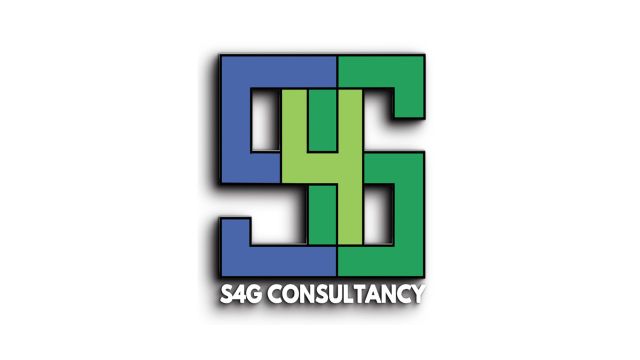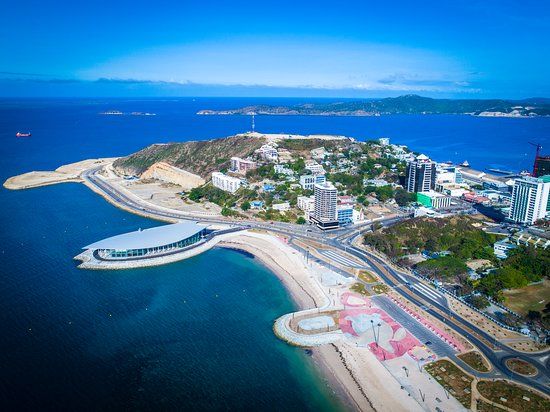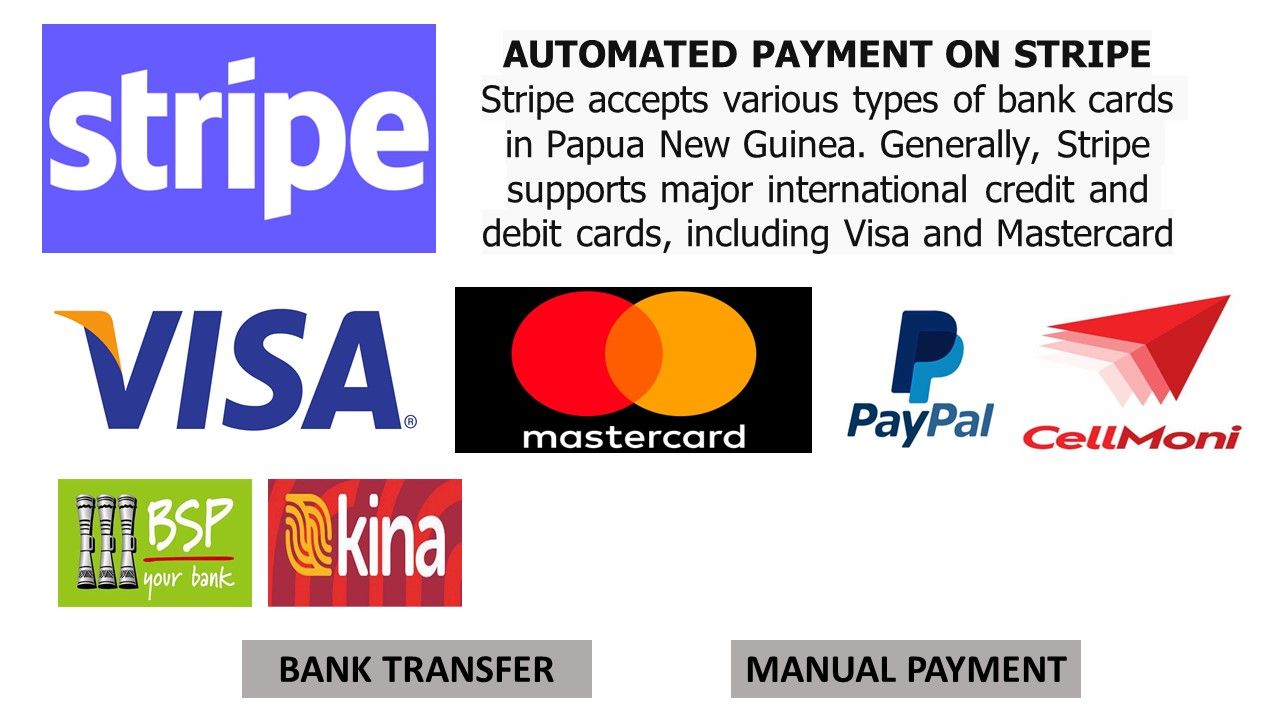Promoted by PNG Small to Medium Enterprise Corporation (SMEC)
PNG Reg. Business.#: 6-128722637
PNG IRC TIN #: 501718983
We are a SME operating out of Korobosea Port Moresby City, Papua New Guinea
PAYMENT METHOD ACCEPTED
Strategy4Growth Consultancy
Our Video Channel













